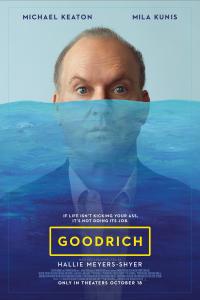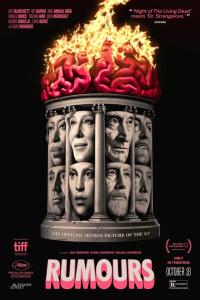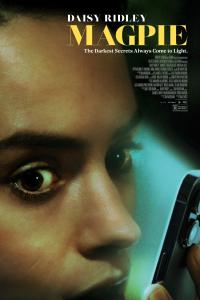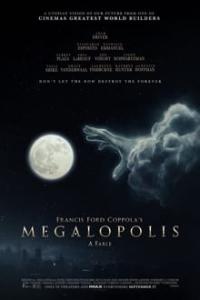Torrent details for "The Cinemas of Italian Migration: European and Transatlantic Narratives by Daniel Winkler PDF" Log in to bookmark
Controls:
Language:
 English
EnglishTotal Size:
2.28 MB
Info Hash:
d2f8cb7701acae8c6da8cdca580694c3936e1dac
Added By:
Added:
14-03-2024 14:46
Views:
137
Health:

Seeds:
1
Leechers:
0
Completed:
254
xx
The Cinemas of Italian Migration: European and Transatlantic Narratives by Daniel Winkler PDF
Italy is more strongly influenced by the experiences of migrants than many other European countries. This includes an historically ongoing internal migration from the south to the north, which is strongly echoed in neo-realism; a mass emigration mainly to western Europe and North and South America that is connected with mafia films, among others, in Italy’s collective imaginary; as well as a more recent immigration influx from the southwestern Mediterranean, which is dealt with at a film level in New Italian Cinema of recent decades. Thus, three forms of migration have affected politics as well as Italy’s film history; the latter, through the development of new genres and sub-genres. In this manner, questions concerning cultural studies are intersected with those of film aesthetics in this volume.
The Cinemas of Italian Migration: European and Transatlantic Narratives brings together for the first time international contributions on early post-WWII cinema such as Il cammino della speranza (The Road to Hope, Pietro Germi, 1950) and I magliari (The Magliari, Francesco Rosi, 1959), with Migrant Road Movie classics like Lamerica (Gianni Amelio, 1994) and contemporary Italian comedies like Into Paradiso (Into Paradise, Paola Randi, 2010). Additionally, this volume includes articles dealing with often marginalized filmmakers (e.g. Vincenzo Marra and Roberta Torre), independent productions (among others, Carmine Amoroso’s Cover Boy, 2006) and genres such as contemporary Italian documentary films (e.g. Andrea Segre’s A Sud di Lampedusa/South of Lampedusa, 2006). The migration narratives are shaped by European and transatlantic filmmakers, not only by Ferzan Ozpetek but also by Werner Schroeter from Germany, Denis Rabaglia from Switzerland, Martin Scorsese from the US and Sandra Gugliotta from Argentina, to name just a few examples.
xx
The Cinemas of Italian Migration: European and Transatlantic Narratives by Daniel Winkler PDF
Italy is more strongly influenced by the experiences of migrants than many other European countries. This includes an historically ongoing internal migration from the south to the north, which is strongly echoed in neo-realism; a mass emigration mainly to western Europe and North and South America that is connected with mafia films, among others, in Italy’s collective imaginary; as well as a more recent immigration influx from the southwestern Mediterranean, which is dealt with at a film level in New Italian Cinema of recent decades. Thus, three forms of migration have affected politics as well as Italy’s film history; the latter, through the development of new genres and sub-genres. In this manner, questions concerning cultural studies are intersected with those of film aesthetics in this volume.
The Cinemas of Italian Migration: European and Transatlantic Narratives brings together for the first time international contributions on early post-WWII cinema such as Il cammino della speranza (The Road to Hope, Pietro Germi, 1950) and I magliari (The Magliari, Francesco Rosi, 1959), with Migrant Road Movie classics like Lamerica (Gianni Amelio, 1994) and contemporary Italian comedies like Into Paradiso (Into Paradise, Paola Randi, 2010). Additionally, this volume includes articles dealing with often marginalized filmmakers (e.g. Vincenzo Marra and Roberta Torre), independent productions (among others, Carmine Amoroso’s Cover Boy, 2006) and genres such as contemporary Italian documentary films (e.g. Andrea Segre’s A Sud di Lampedusa/South of Lampedusa, 2006). The migration narratives are shaped by European and transatlantic filmmakers, not only by Ferzan Ozpetek but also by Werner Schroeter from Germany, Denis Rabaglia from Switzerland, Martin Scorsese from the US and Sandra Gugliotta from Argentina, to name just a few examples.
xx















































